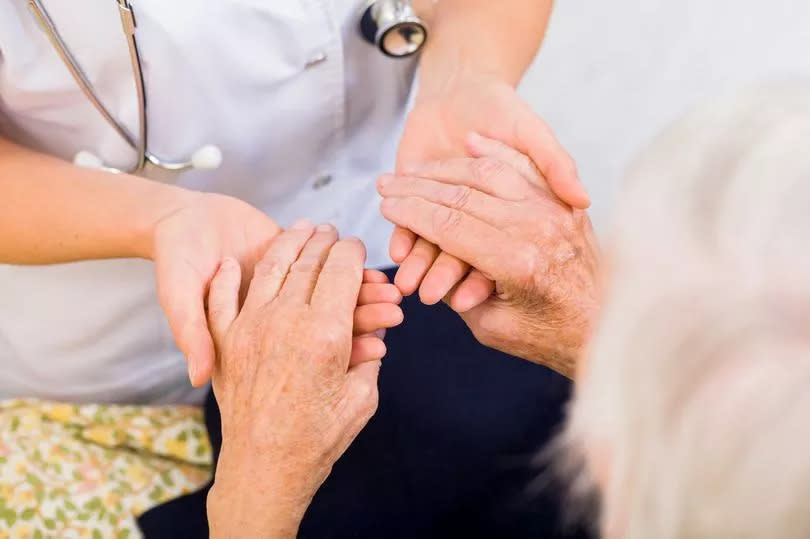How to spot signs of Parkinson’s disease and treatments available

Parkinson’s disease is the fastest-growing neurological condition in the world and has no cure. Spotting symptoms of the condition early is important to understand what steps to take.
Parkinson’s disease affects the brain. It's a degenerative neurological condition - meaning its symptoms get worse over time.
While it typically affects people middle-aged onwards, it can affect all ages. Individuals with Parkinson’s experience a deficiency in dopamine, a crucial neurotransmitter.
Read more: Full list of Birmingham schools where workers set to strike over pay scandal
This deficit arises from the deterioration of essential nerve cells responsible for the production of dopamine in the brain. Dopamine plays a pivotal role in facilitating movement-related messages from the brain.
As dopamine levels diminish, the brain’s ability to regulate becomes impaired. This leads to the onset of Parkinson’s symptoms. One in 37 people in the UK will be diagnosed with Parkinson’s in their lifetime, research shows.
How to spot signs of Parkinson's disease
There are many different symptoms associated with Parkinson’s disease. The order in which these develop, and their severity, can be different for each individual.
The three main signs of the condition are often referred to by doctors as 'Parkinsonism'. Not everyone will develop all three, but they are:
Tremor – Shaking which usually begins in the hand or arm and is more likely to occur when the limb is relaxed or resting
Slowness of movement – Physical movements becoming much slower than normal, making everyday tasks more difficult
Muscle stiffness – Stiffness and tension in muscles can make it hard to move around or make facial expressions and can result in painful muscle cramps
Parkinson’s can also cause a range of other physical and mental symptoms including issues with balance, loss of sense of smell, depression and/or anxiety and mild cognitive impairment.
What to do if you do spot the signs of Parkinson’s
Rosie Hydar, who runs in-home care introduction service 'Hub Care Support Exeter', has a lot of experience with Parkinson's after her father and husband were both diagnosed with the condition.
She said: "Knowing what I knew from my father, we could act quickly and look for treatments to manage my husband’s symptoms. Being told you or someone you love has Parkinson’s can be emotionally distressing, and the news can often be difficult to take in.
"It is has been so important for all of us to have the support of family around you to come to terms with the diagnosis and learn to live positively with it."
If you or a loved one is experiencing the early warning signs of Parkinson’s, reach out to your GP. Click here for more information about the services Hub Care Support Exeter provide.
What are the treatments?
There is currently no cure for Parkinson’s, but there are treatments that can help relieve the symptoms and maintain someone's quality of life. Treatments include:
Supportive therapies – Several therapies, including physiotherapy, can make living with Parkinson’s easier and help deal with the symptoms on a day-to-day basis
Medication – It can be used to improve the main systems such as tremors and movement problems
Exercise – Staying active helps to maintain your balance, strength and co-ordination, as well as improving mental health

 Yahoo News
Yahoo News 
